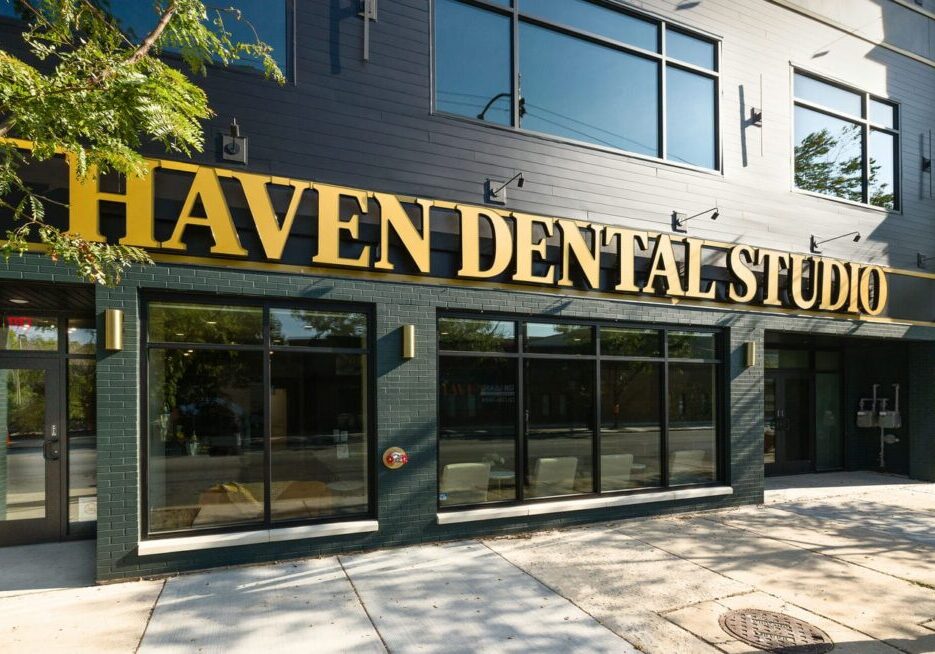
When sourcing a healthcare facility site, it might seem building from the ground up is the best way to realize optimum efficiency, compliance, and patient experiences. While it’s hard to ignore the allure of building from the ground up, redevelopment of an existing facility tends to be a faster, more cost-effective approach that actually generates far more impressive ROI.
Here we look at why practitioners should consider redevelopment over new build practices as the most cost-effective option.
What is redevelopment?
Redevelopment refers to new construction of an existing structure. It maintains “the bones” of the building and redevelops the infrastructure to suit the needs of the occupant with quicker access to utilities through existing systems.
When is redevelopment recommended?
In high-density communities, redevelopment is often the best solution for medical facilities, effectively overcoming the following urban challenges:
- Rising construction and labour costs
- Open land scarcity in desirable locations
- Land affordability
- Meeting the increasing demand for specific areas of care
There are also other circumstances that merit redevelopment consideration for your healthcare facility, including:
- A move to a more affordable area could prove less profitable if you lose your current patients
- You might reduce growth opportunities due to a lack of demand for your medical specialty in areas where land is available
- Choosing an existing site often keeps you closer to fellow practitioners and medical institutions to establish or maintain a stronger referral system
- Often developed urban infrastructures offer better patient transportation options through major roadways and public transportation systems
How does redevelopment generate better ROI?
Redevelopment projects translate into better ROI for several reasons, including:
Time savings
There are two essential ways time is saved over the life of a redevelopment project:
- The review cycle for redevelopment can be substantially shorter than for new construction and
- All of the existing elements allow for a shorter construction schedule.
Cost savings
New construction and infrastructure often have a higher replacement value than they cost a buyer when purchasing an existing building. Redevelopment of existing structures provides quicker, more affordable access to utilities while modernizing infrastructure to reduce long-term operating costs.
Location
Open land scarcity makes it challenging to find a property to develop in a location with a strong market for your practice. Redevelopment also allows you to continue to care for existing patients unable or unwilling to travel to areas outside the city where property is more affordable.
Community
Redevelopment makes it easier to find support among your community and municipal officials. You generate goodwill by investing in an existing building and uplifting a part of the community, appealing to locals who become your patients.
Redevelopment vs. New Development
Choosing the right healthcare facility construction route boils down to what’s best for your needs:
Redevelopment
When time is of the essence, overall redevelopment requires less time searching for a building site, going through reviews with the local authorities having jurisdiction, and the entire construction process. As a result, you can realize a faster opening to start generating revenue months and, in many cases, years sooner.
New Development
If you’re looking to break into a market with stronger demand for your area of specialty, new construction might prove more lucrative in the longer term. You can choose a location with higher market demand and lower property prices to see increased ROI.
The case study below helps illustrate how Apex transformed a historic Chicago building into a modern dental clinic using the redevelopment process.
Haven Dental Case Study
Apex designed and constructed a modern dental clinic for Haven Dental Studio in a premium heritage building in Chicago’s historic Bronzeville neighborhood. Our team of architects and designers reused the existing masonry shell, roof structure, masonry stair/elevator shafts, and floor structure for the second floor, meticulously preserving the building’s historic character.
We then upgraded the utilities, which proved to be far less expensive and faster than bringing all new utilities to the building. Because the building was vacant, we were able to design a floor plan that optimized efficiency without sacrificing the spacious treatment and hygiene rooms the client envisioned. The result was a warm and welcoming environment for patients and comfortable, efficient work environment for the team with overall time and cost savings.
Bring your vision to life with Apex.
Whether you’re considering a new build or a redevelopment of an existing building for your medical practice, consider bringing Apex on board as your strategic partner. We’re the experts in healthcare facility development with integrated teams known for our deep expertise and a proven methodology, to ensure your vision is realized to the highest standards.
